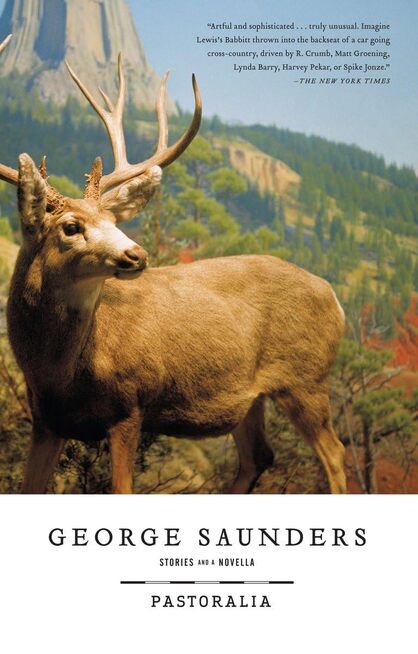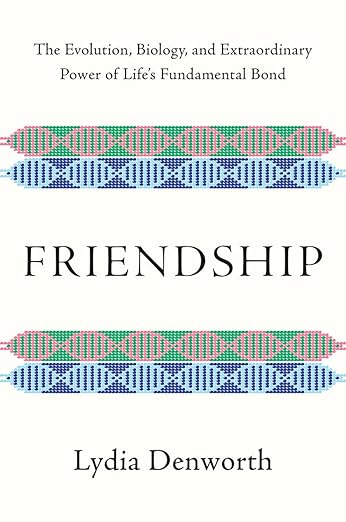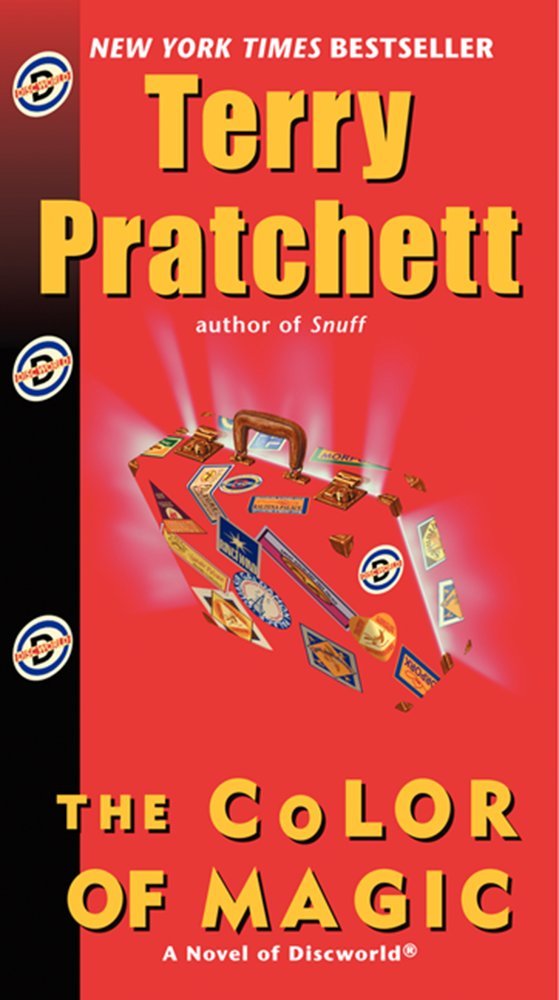|
George Saunders is the best contemporary American writer, an opinion I feel more comfortable holding following the deaths of first Toni Morrison and then Cormac McCarthy.
Unusually among successful writers, his primary medium is short fiction. He’s only got the one novel, Lincoln in the Bardo, which is so good that he should probably stop there. Pastoralia is his second collection of short stories, published in 2000. Prose craft is different from storytelling. Being good at either one of these things is uncommon. Each Saunders sentence writes is a gem, but handled in such a lowkey way that you don’t realize you’re reading a master. You’re too focused on turning the pages because you need to know what happens next. Though if you enjoy audiobooks, I would implore you not to turn the pages but to listen to Saunders narrate his own work. The thing about Saunders that too many reviews miss is that he’s funny. Uproarious. The man is funny in print, but I listened to the book and I was howling. Also: when you listen, you can’t look ahead to know when a story is about to end. Three different times in this book, a story ended and I gasped out loud in shock. There are only six stories so that is a fifty percent gasp rate. My favorite story was “Pastoralia,” about some historical reenactors, but the one I’m going to quote from is “Sea Oak,” in which an elderly aunt bullies her nephew (a sex worker) into earning more money: “Show your cock. It’s the shortest line between points.”
0 Comments
In now the sixteenth month of my unusually isolated lifestyle, following a general history of being not outgoing whatsoever, I find myself reading more about social connections, either why we need them or how to forge them. This led me to Lydia Denworth's 2020 book Friendship: The Evolution, Biology, and Extraordinary Power of Life’s Fundamental Bond, audiobook narrated by Tiffany Morgan.
Though I've read a lot of popular nonfiction about human relationships, most of those books have been more on the social science side of things. This introduced me to research I was unfamiliar with. One finding: friends have brains that process the world the same way. It turns out that we do not all experience music in the same way, for instance. Friends are more likely to have similar brains that lead them to enjoy the same types of music. Or put another way, shared interests are more than just superficial commonalities. They speak to similar brain structures. I find that many of these books are written by extroverts who just...don't quite get it. I like extroverts. Some of my best friends are extroverts! But I am not sure I trust the social advice of people who understand the words "dinner party" beyond the abstract. My other frustration was that discussion of social media was shoved into one chapter, as though it were still a niche consideration in friendships. And within that chapter, the advice was that social media should supplement friendships, but that you should spend more time with people in real life. Excuse me, I am right here! Excuse me! Of course I would prefer local friends. Spending time in the same room is valuable, even if you're just hanging out instead of talking. Also there are certain activities that cannot be managed satisfactorily without proximity. But the author seems unaware that many friendships start online. My closest friends are people I have not met. Not met yet, rather. I want to read one of these books written by someone who is Very Online. These mild concerns notwithstanding, I enjoyed the book. I broadly recommend it, because social connections are so important for a healthy and happy life, for all of us, even the hermit-in-the-snowy-woods types like me. After seventeen years, I’m rereading Terry Pratchett’s Discworld series, and I hope you’ll consider joining me. These are books that will make you feel better. You will leave them knowing more about yourself and other people, and you will feel less pessimistic about everything.
I’m reading these in chronological order, which is why I’ve got Color of Magic up first, but that’s not where I recommend people dive in. With more than forty books in the series, there are a ton of great entry points, since few of the books depend on familiarity with prior entries. I do think the stand-alones are less intimidating, perhaps. Small Gods is my standard recommendation. But let’s not sweat the details. If you’ve never read Pratchett and you were waiting for a sign, hello, here it is, the universe would like you to read a Discworld book. The Color of Magic introduces us to the greatest city on the Disc, Ankh-Morpork, and its least talented wizard, Rincewind. Until I moved to a state with unjustly few characters allowed for license plates, my license plate read WIZZARD in homage to Rincewind. In some ways he is my favorite Discworld character, not because he is the best, but because I imprinted on him like a duck. I’m not doing anything like a coherent plot summary, but that’s not the point. No other author’s death has affected me more than Pratchett’s. That’s what his books have meant to me, and so many other people, but I am afraid if I keep on in this vein I will sound like a religious fanatic. Occasionally I’ll be discussing these books on Sundays (the new Day of the Week for these weekly book talks), or they might come midweek if I’ve got another book to discuss on Sunday. But I will write about each one. I intend to read a bit of Pratchett each day until I have finished the series, however many months or years that takes. |
Book talks
When Covid first hit, I started doing book talks on social media as a way to keep in touch with people. I never got out of the habit. I don't discuss books by my clients, and if I don't like a book, I won't discuss it at all. While I will sometimes focus on craft or offer gentle critical perspectives, as a matter of professional courtesy, I don't trash writers. Unless they're dead. Then the gloves come off. Archives
February 2024
Tags
All
|




 RSS Feed
RSS Feed